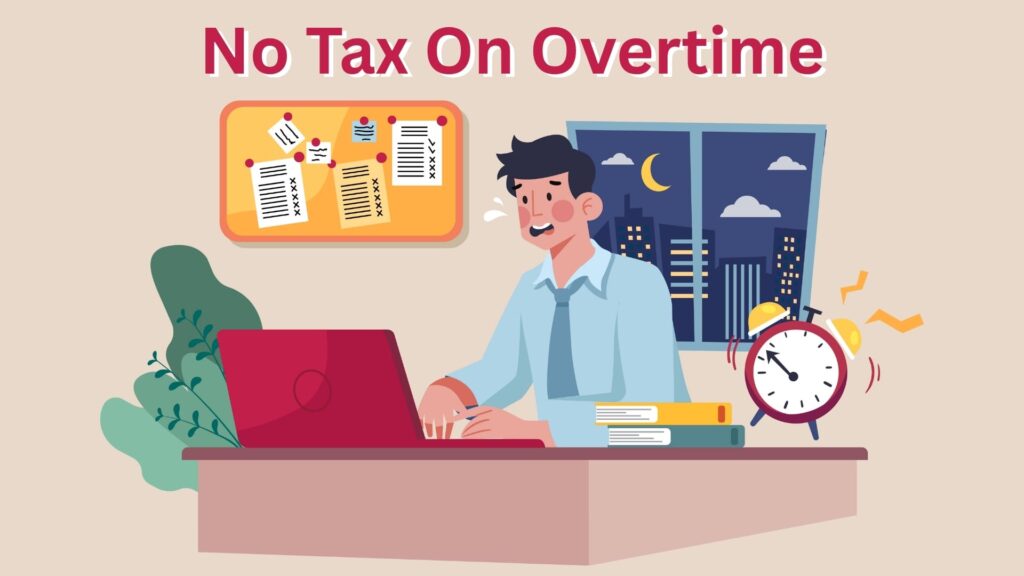Getting rejected for a loan or rental without clear reasons often links back to your credit reference. Many applicants don’t realize that lenders and landlords may also request specific documents to assess creditworthiness. According to credit bureaus, your credit report, credit score, and even a credit reference letter can significantly impact your approval status.
A credit reference is a document that gives lenders or property management teams detailed insight into your credit history. It may include a copy of your credit report, payment history, or letters from a previous landlord, employer, or financial institution.
Whether you’re applying for a credit card, signing up with utility companies, or completing rental applications, this reference could be key. The article below provides a complete guide to the types of references, when you may need a credit, and how to get a credit reference effectively.
How Does a Credit Reference Work?
A credit reference is a document that helps lenders, landlords, or utility companies assess your creditworthiness. It may include your credit report, credit score, payment history, and on-time payments made to credit card companies or previous landlords. A credit reference letter from a financial institution, landlord, or employer can strengthen your credit application by showcasing responsible behavior. Additionally, credit references come in various forms, such as character reference letters, asset documents, or professional references.
Lenders and property management companies may request a copy of your credit report from three major credit bureaus, like Experian, to run a credit check. These checks include available credit, credit utilization, and credit history, which altogether reflect your financial habits. Rental applications often require tenants to pay rent on time, and landlords may also ask for documentation that proves reliability. Therefore, when applying for a credit card or loan, a strong credit reference could help increase your chances of getting approved.
When Is a Credit Reference Needed?
Credit Card and Loan Applications:
When applying for a credit card or loan, lenders often request a credit reference to evaluate creditworthiness. This reference may include your credit score, credit history, and a credit report from credit bureaus like Experian. They also run a credit check to assess your available credit and payment history. Moreover, credit card issuers may request a credit reference letter from a financial institution to support your credit application. If you have a low credit score, you may need to provide a credit reference or character reference. Consequently, a strong credit profile improves your chances of getting approved quickly.
Apartment Rentals:
Rental applications often require tenants to provide a credit reference to ensure they can pay rent on time. A potential landlord or property management company may run a credit check to verify on-time payments, credit history, and previous behavior with a landlord. A credit reference is a document that may include your credit report, character reference letter, or confirmation from a previous landlord. Furthermore, credit references come in handy when dealing with strict tenant screening policies. If you’re a tenant with good credit, landlords are more likely to extend credit terms or approve your rental.
Utility Signups:
When signing up for services with utility companies, they may request a credit reference before starting your connection. A credit reference helps providers determine your reliability to make on-time payments. If you’re new to an area or lack a credit history, you may need to get a credit reference or character reference. Sometimes, utility companies will also accept a support letter or asset document from a financial institution. Since these companies aim to reduce risk, they often check credit reports and scores via reporting agencies. Poor credit could lead to upfront deposits or service denial altogether.
Employment Credit Checks:
Certain employers conduct employment credit checks during hiring, especially for roles involving finance or sensitive data. They may ask to provide a credit reference, which includes your credit report, credit score, and credit history. A character reference or professional reference from a business partner or employer may also support your application. Credit bureaus like Experian supply the data to employers, who then assess financial responsibility. Checking your credit report beforehand is advisable to ensure accuracy. Moreover, if your role involves managing company funds, a credit reference may significantly affect your hiring outcome and professional credibility.
Types of Credit References
Credit reports:
A credit report is the most common type of credit reference used by lenders and landlords. It includes your credit score, payment history, available credit, and accounts reported by credit card companies. Credit bureaus compile this data, which helps evaluate a borrower’s creditworthiness. Lenders may also check your credit utilization and previous credit card or loan behavior. Checking your credit report regularly allows you to catch errors and maintain good credit. Moreover, you’re entitled to access your credit report free from the three major credit bureaus once every 12 months. This report may significantly affect approval chances.
Asset documents:
An asset document is another type of credit reference used to support a credit application or rental. It shows proof of income, savings, or investments held with a financial institution. Landlords or property management companies may request these to verify that you can pay rent on time. This form of credit reference helps compensate when an applicant has a low credit score or lacks a credit history. Furthermore, when applying for a credit card, these documents may support your ability to repay. Credit reports and asset records together give a more complete picture of your financial stability.
Character references:
A character reference or character reference letter is often provided by a previous landlord, employer, or business partner. It gives insight into a tenant’s or borrower’s behavior, particularly when credit reports are limited or unavailable. Rental applications may require credit references, and a character reference may significantly influence the chances of getting approved. This type of reference is especially useful during tenant screening when an applicant lacks traditional credit references. Additionally, utility companies and smaller lenders may also accept these letters as valid proof. Credit references come in many forms, but a good credit reference must always be truthful.
How do you get a credit reference?
To get a credit reference, you must first check your credit using reports from credit bureaus. These reports include your credit score, credit history, and details of on-time payments made to credit card companies or lenders. Credit references come in different formats, and the most common type of credit reference is your credit report.
You can also request a credit reference letter from a financial institution, previous landlord, or employer, depending on your needs. For rental applications, landlords may also request a character reference letter to ensure you can pay rent on time.
If you’re applying for a credit card or loan, your lender may automatically run a credit check. However, if you’re required to provide a credit reference manually, request a credit summary or support letter in writing.
Lastly, you’re entitled to a free credit report every 12 months from the three major credit bureaus for review.
Conclusion
A strong credit reference can make or break your chances of getting approved for loans or rentals. Whether from a credit bureau, character reference letter, or asset document, it helps verify your financial reliability. Lenders use this to run a credit check, evaluate credit utilization, and confirm your on-time payments. Furthermore, a credit reference helps both tenants and borrowers extend credit responsibly. Always monitor your credit reports and scores to prepare in advance. Would you feel confident if a lender or potential landlord asked you to provide a credit reference today?
FAQs
What does a credit reference do?
It gives information about your financial habits to help others decide whether to trust you financially.
Is everyone required to have a credit reference?
No, but you may need a credit reference when applying for housing, jobs, loans, or services.
Can I get a credit reference with no credit history?
Yes, you can use a character reference or asset document instead of a credit report.
How long does it take to get a credit reference?
It depends on the source, but most credit bureaus or landlords can provide it within a few days.
Is a credit reference the same in every situation?
No, the type of credit reference depends on what’s needed—rental, job, loan, or service-related.
Does applying for a job require a credit reference?
Sometimes, especially if the role involves money handling or financial responsibility.






